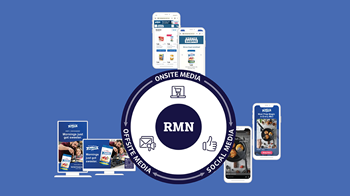Four Stats That Prove the Value of Fresh Food Departments
<p style="text-align:center;"><em>Fresh foods are driving grocery growth, with strong sales performance, operational stability, and expanding influence both in-store and online.</em></p><p>By: Rick Stein, Vice President,




